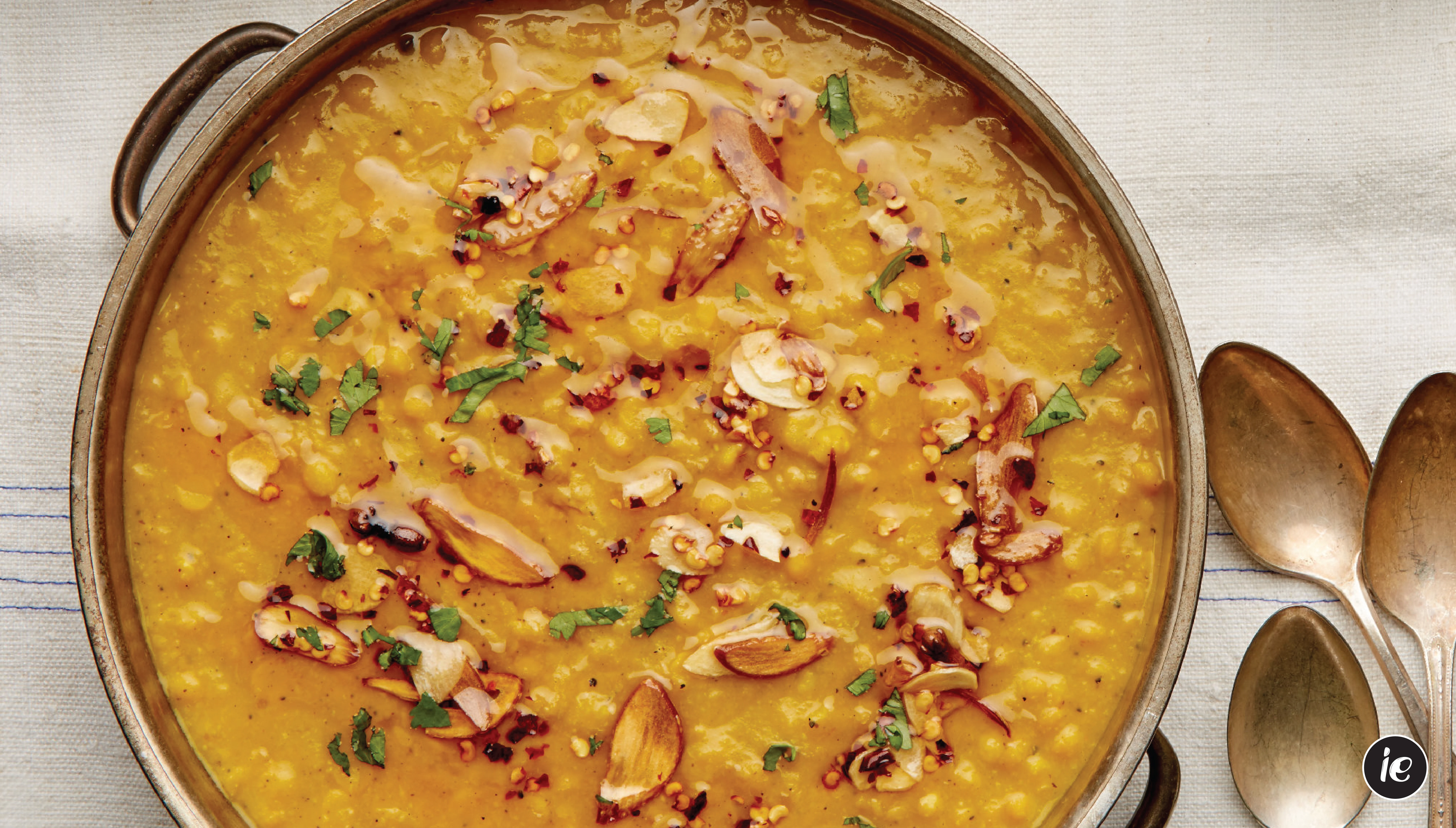Dal, a lentil dish staple in Indian cuisine, is a goldmine of health benefits, especially for vegetarians and vegans. But what if you gave it up for a month?
Why Dal Matters
Dr. K. Somnath Gupta, a diabetologist, explains the importance of dal:
- Rich in Plant-Based Protein: Essential for building and maintaining muscle mass.
- Fiber for Gut Health: Promotes healthy digestion and gut bacteria.
- Essential Vitamins & Minerals: Provides iron, potassium, magnesium, B vitamins, and more.
- Blood Sugar Control: Complex carbs help regulate blood sugar levels.
- Heart Health Benefits: May help lower cholesterol, reducing heart disease risk.
- Weight Management: Protein and fiber promote feelings of fullness, aiding weight management.
- Strong Bones: Calcium and phosphorus support healthy bones.
Skipping Dal: Potential Consequences
Dr. Gupta warns about the possible drawbacks of excluding dal for a month:
- Protein Deficiency: Vegetarians and vegans relying on dal for protein may experience muscle weakness.
- Digestive Issues: Reduced fiber intake can lead to constipation and other digestive problems.
- Nutrient Deficiencies: Missing out on vitamins and minerals from dal can impact immunity and overall health.
- Blood Sugar Management: While non-vegetarians might manage blood sugar slightly easier, a balanced diet remains crucial.
The Bottom Line
The impact of skipping dal can vary depending on your diet and health. Dr. Gupta suggests vegetarians consider incorporating other protein sources like tofu, nuts, seeds, and legumes. He emphasizes consulting a doctor before making significant dietary changes, especially for those with underlying health conditions.
Serving Suggestion:
Dr. Gupta recommends consuming 1/2 to 3/4 cup of cooked dal daily for optimal health benefits.
Remember: Dal is a nutritious powerhouse. While skipping it occasionally might not be detrimental, a balanced diet is key. Consider including other protein and fiber sources if you choose to reduce your dal intake.

